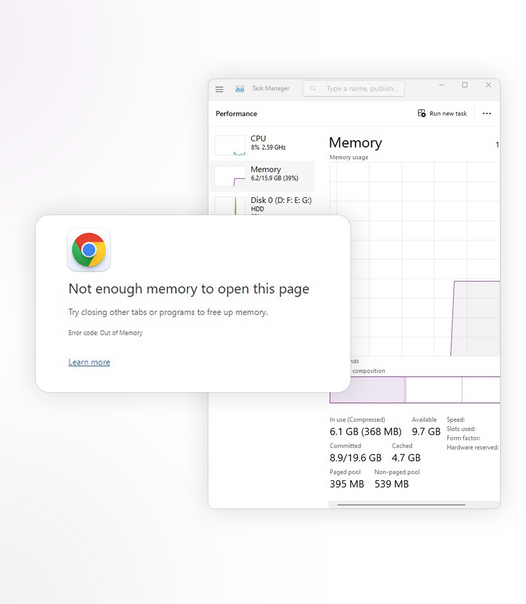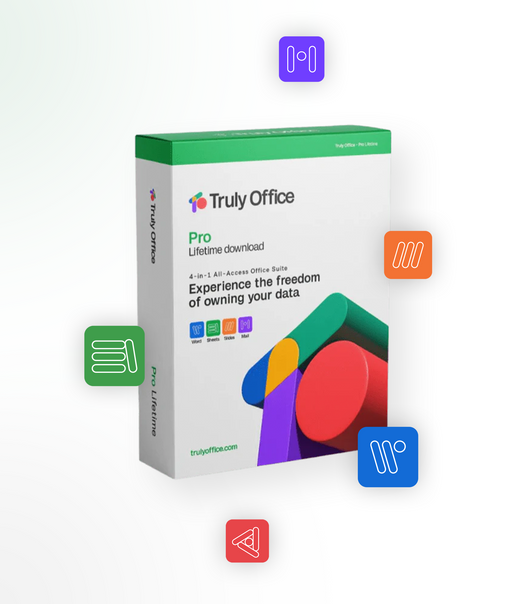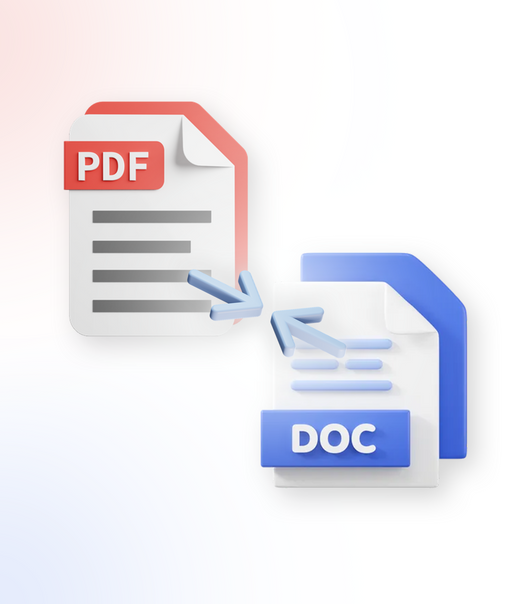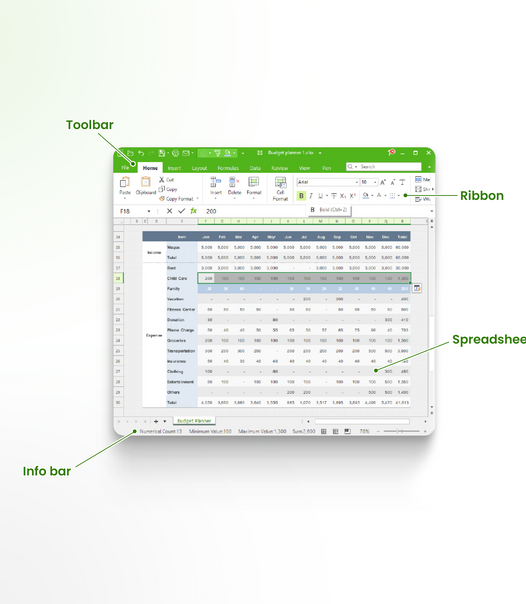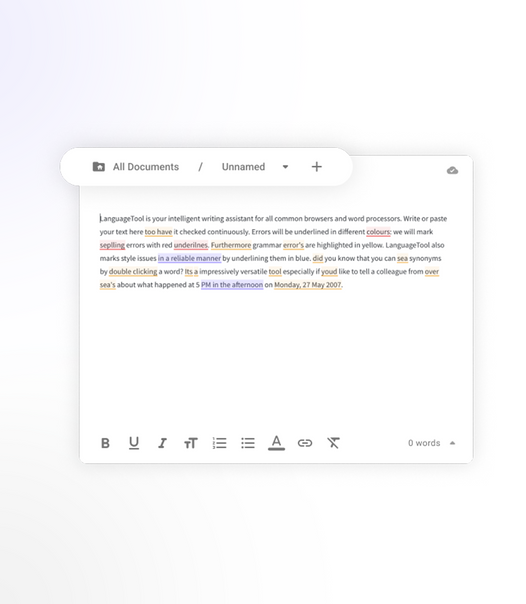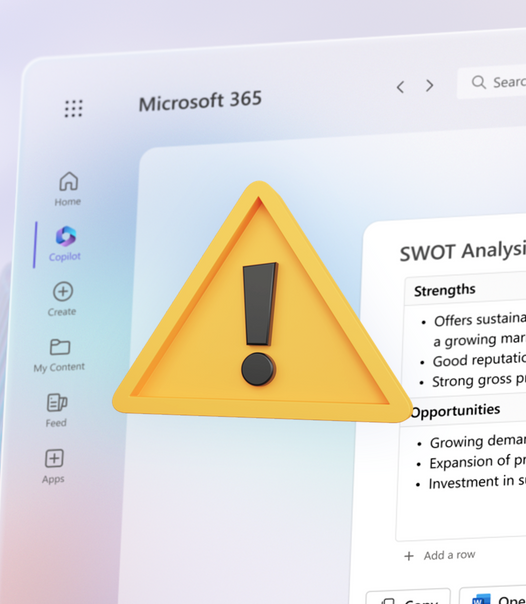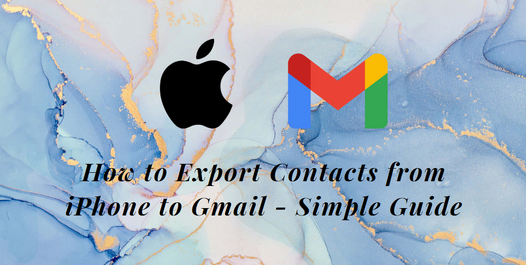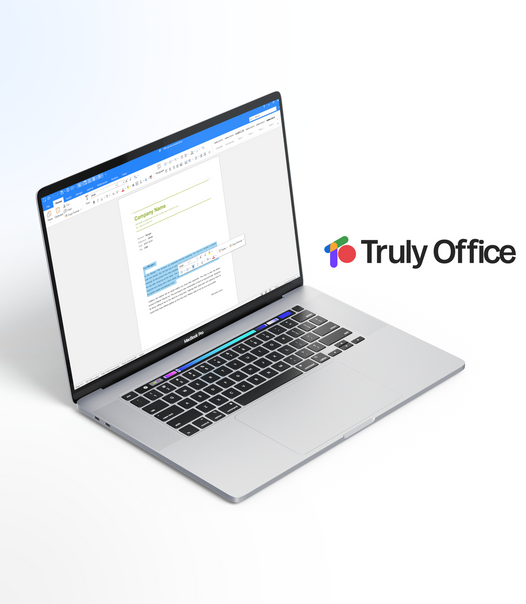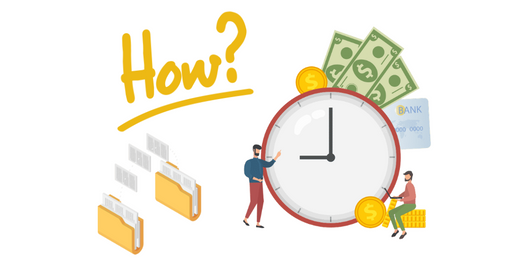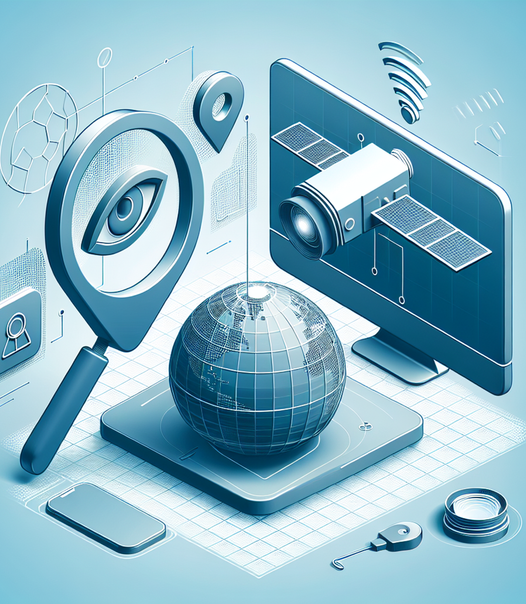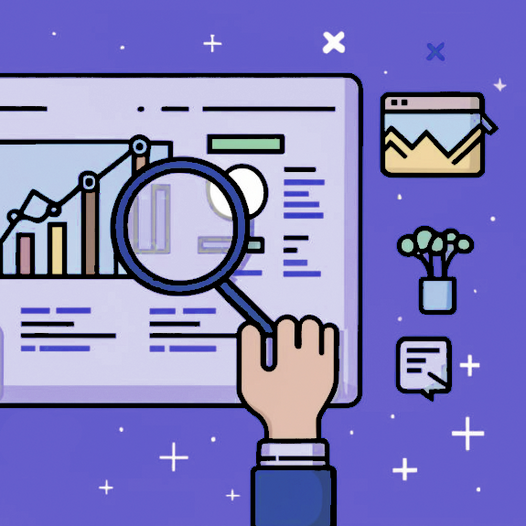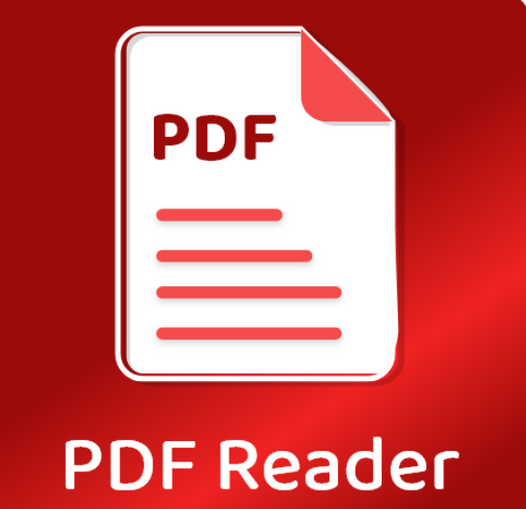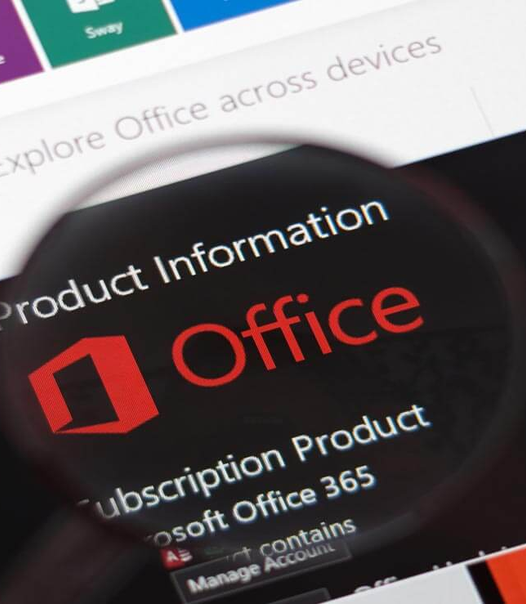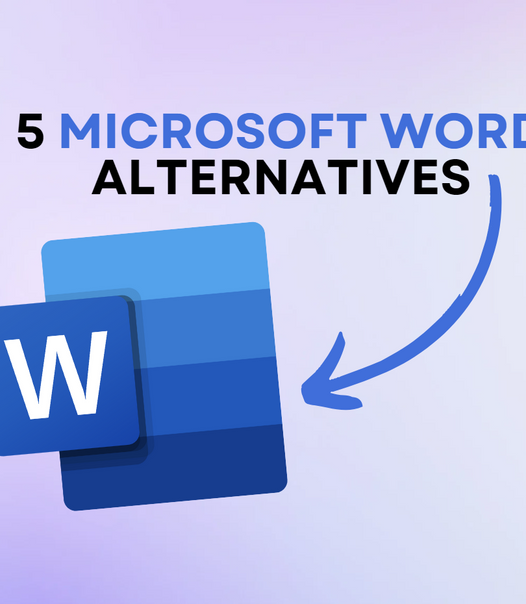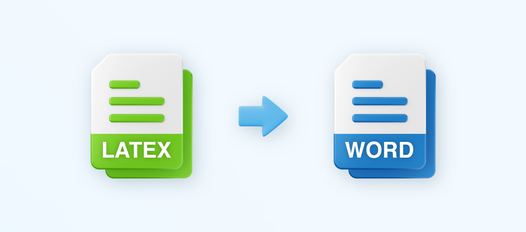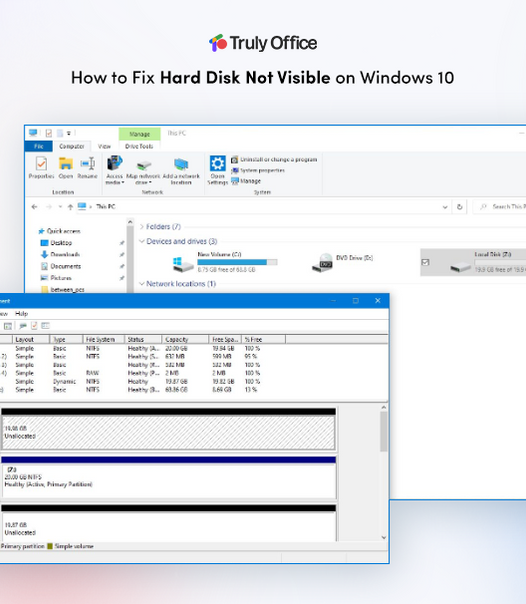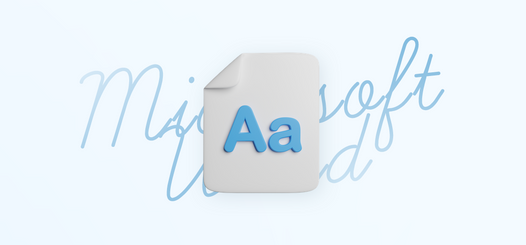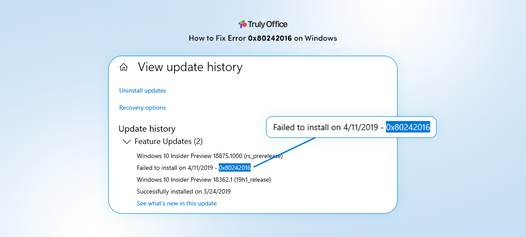Understanding data privacy laws like GDPR and CCPA is crucial for protecting personal information in our digital landscape. These regulations are vital in safeguarding data, ensuring it doesn't end up in the wrong hands or misused.
Complying with these regulations isn't a choice; it's a necessity. Failure to understand and adhere to laws like the General Data Protection Regulation (GDPR) and the California Consumer Privacy Act (CCPA) can result in hefty penalties and legal complications.
But it's not just about avoiding fines; it's about earning trust. In a world where data breaches and privacy concerns are rampant, consumers want assurance that their information is handled responsibly. For businesses, compliance with data privacy laws isn't just a legal obligation but a crucial step toward building and maintaining customer trust.
Learning about data privacy laws can be overwhelming, with their complex legal language and varying requirements. However, it's essential to understand their key concepts and implications for your business. This post will provide an in-depth overview of GDPR, CCPA, and other data privacy laws.
Understanding GDPR

The General Data Protection Regulation (GDPR) is a comprehensive legal framework established by the European Union (EU) to safeguard the privacy and rights of its citizens concerning the processing of personal data. Enforced in May 2018, GDPR replaces the Data Protection Directive of 1995 and aims to address the evolving challenges in the digital era.
GDPR gives individuals greater control over their personal information, applying to all organizations that handle EU residents' data. It emphasizes the importance of a unified standard in data protection and recognizes various lawful bases for processing personal data. This promotes transparency and accountability in data collection and processing.
The regulation also emphasizes the rights of data subjects, giving them increased control and awareness of how their information is used. These rights include the right to access, rectify, erase, and object to processing. GDPR requires businesses to respect these rights, fostering a more user-centric approach to data handling.
Main GDPR Principles
- Established by the EU to protect the personal data of its citizens.
- This applies to all organizations handling data of EU residents.
- Emphasizes a unified standard in data protection.
- Recognizes lawful bases for processing personal data.
- Non-compliant businesses may incur fines of up to €20 million or 4% of their global annual revenue.
Understanding CCPA

The California Consumer Privacy Act (CCPA), enacted in 2018, represents a significant leap forward in safeguarding consumer rights in the digital realm. It grants Californians greater control over their personal information and holds businesses accountable for transparent data practices.
CCPA applies to businesses that meet specific criteria, including annual gross revenues exceeding $25 million, handling personal information of 50,000 or more consumers, or deriving 50% or more of their annual revenues from selling consumers' personal information. This broad scope ensures that a wide range of businesses is subject to compliance.
One of the pillars of CCPA is the array of rights it bestows upon consumers. These include the right to know what personal information is collected, the right to opt out of the sale of personal data, and the right to request the deletion of their information. These rights empower individuals to take charge of their online presence.
Main CCPA Principles
- Consumers have the right to know what personal information is collected and request its deletion.
- Businesses must provide consumers with a clear opt-out option for selling their data.
- Applies to businesses meeting specific criteria, ensuring a wide scope of compliance.
- Non-compliant businesses may face penalties ranging from $2,500 to $7,500 per violation.
GDPR vs. CCPA Comparison

GDPR and CCPA are two pivotal data privacy regulations, each originating from distinct jurisdictions – the European Union and California, respectively. Despite their geographical separation, these regulations share commonalities while exhibiting nuanced differences.
Both GDPR and CCPA underscore the significance of transparency, accountability, and individual control in handling personal data. Transparency is central to both, necessitating organizations to communicate clearly about their data practices. Accountability is a key principle in both frameworks, with companies being held responsible for safeguarding user data and ensuring compliance.
One significant area of comparison lies in the extraterritorial reach of GDPR in contrast to the more geographically confined scope of CCPA. GDPR applies to businesses globally if they process data of EU residents, irrespective of the business's physical location. In contrast, CCPA has a more localized focus, primarily governing businesses operating in California or handling the personal information of Californian residents.
The ways of managing consent show another difference between GDPR and CCPA. GDPR requires clear and unambiguous agreements for different data processing purposes, with explicit consent being necessary. In contrast, CCPA introduces the right to opt out, giving consumers a choice to refuse the sale of their personal information. This distinction highlights the different approaches to obtaining and managing user consent in the two frameworks.
While both GDPR and CCPA signify a significant shift in data privacy laws, it's crucial to understand their nuances and compliance requirements. Adhering to these regulations not only avoids hefty fines but also promotes trust among customers, strengthening the relationship between businesses and individuals.
Other Key Data Privacy Laws

It's undeniable that GDPR and CCPA have paved the way for stricter data privacy regulations worldwide. Along with these two, several other laws have emerged, each bearing unique implications for businesses operating in their respective jurisdictions.
ePrivacy Directive and ePrivacy Regulation
The ePrivacy Directive is a significant EU legislation that focuses on privacy in electronic communications. It aims to protect individuals' privacy and confidentiality of their electronic communications. However, it has faced criticism for its outdated framework and limited scope in addressing evolving privacy concerns.
In response to these shortcomings, the EU has been working on a successor to the ePrivacy Directive, known as the ePrivacy Regulation. The ePrivacy Regulation seeks to modernize and strengthen the protection of privacy and confidentiality in electronic communications. It aims to harmonize rules across the EU member states, enhance user control over their data, and address emerging challenges such as tracking technologies used for online advertising.
The regulation is expected to introduce stricter requirements for obtaining consent, more robust rules for data breach notifications, and increased fines for non-compliance.
Personal Information Protection and Electronic Documents Act (PIPEDA)
Moving beyond the EU, several other jurisdictions have enacted notable data privacy regulations that have had a significant impact on the global privacy landscape. In Canada, the Personal Information Protection and Electronic Documents Act (PIPEDA) governs the collection, use, and disclosure of personal information by private sector organizations.
PIPEDA emphasizes the importance of obtaining consent for the collection and use of personal data and requires organizations to safeguard the privacy of individuals' information. Additionally, PIPEDA includes provisions for individuals to access and correct their personal information held by organizations.
General Data Protection Law (LGPD)
In Brazil, the General Data Protection Law (LGPD) is another key privacy regulation that was inspired by GDPR. LGPD aims to protect the fundamental rights of individuals' privacy and personal data while promoting the free market and economic development.
Similar to the GDPR, LGPD imposes obligations on organizations regarding the processing of personal data, including principles of lawfulness, fairness, and transparency. It also grants individuals rights such as access, rectification, and deletion of their personal information.
NIST Privacy Framework
Beyond these specific jurisdictions, the NIST Privacy Framework developed by the National Institute of Standards and Technology (NIST) in the United States serves as a comprehensive guideline for organizations to manage privacy risks effectively.
The framework provides a structured approach for organizations to assess and manage privacy risks, aligning with their business objectives and regulatory requirements. It emphasizes the importance of understanding privacy risks, implementing appropriate controls, and fostering a privacy-centric culture within organizations.
The NIST Privacy Framework complements existing privacy regulations and standards, offering organizations a flexible and scalable approach to privacy management.
Personal Information Protection Act (PIPA)
In South Korea, the Personal Information Protection Act (PIPA) governs the collection, use, and handling of personal information. PIPA imposes requirements on organizations to obtain consent for collecting and processing personal data, and it outlines obligations for data protection measures and security safeguards. PIPA grants individuals rights over their personal information, such as accessing, correcting, deleting, or restricting data processing.
PIPA also restricts the transfer of personal information outside of South Korea to countries that do not provide an adequate level of protection for personal data. Organizations must obtain consent from individuals or satisfy certain conditions before transferring personal data internationally.
Ensuring Compliance with Global Data Privacy Regulations
Businesses today operate in a complex regulatory landscape where data privacy compliance is not just a legal obligation but also a crucial aspect of maintaining customer trust and loyalty. While GDPR and CCPA are prominent data privacy laws, it's essential for organizations to recognize that compliance extends beyond these regulations to encompass various laws and regulations worldwide.
- Conduct comprehensive compliance audits regularly to identify gaps and ensure adherence to data privacy regulations like GDPR and CCPA.
- Implement privacy by design principles, embedding privacy considerations into product/service development from the outset.
- Conduct Data Protection Impact Assessments (DPIAs) for high-risk data processing activities to identify and mitigate privacy risks.
- Ensure robust consent management practices, including obtaining, managing, and documenting consent for data processing activities.
- Establish clear incident response procedures for the timely handling of data breaches and compliance with notification requirements.
Overall, by taking a proactive approach towards data privacy compliance and implementing best practices such as conducting DPIAs and implementing robust data governance frameworks, organizations can ensure they meet the requirements of not just GDPR and CCPA but also other applicable data privacy laws worldwide, thereby safeguarding the privacy rights of individuals and maintaining trust.
Consequences of Non-Compliance
Any organization that fails to comply with data privacy regulations can face severe consequences, including hefty fines and reputational damage. The exact penalties vary depending on the specific law or regulation violated, but they can amount to millions of dollars in fines and damage to an organization's brand and reputation.
| Regulation | Non-Compliance Penalty | Legal Liabilities | Incident Response Plans |
| GDPR | Up to 4% of global annual revenue or €20 million, whichever is higher. | Potential damage to reputation, loss of consumer trust, legal liabilities including fines. | Data protection and compliance. |
| CCPA | Civil penalties up to $2,500 per violation or $7,500 per intentional violation after notice and a 30-day cure period. Class action lawsuits by affected consumers. | Class action lawsuits, financial losses, reputational damage. | Data protection and CCPA compliance. |
| PIPEDA | Administrative monetary penalties up to CAD $100,000 for non-compliance. | Legal liabilities, reputational damage, potential loss of consumer trust. | Data protection and compliance. |
| LGPD | Fines of up to 2% of the company's revenue in Brazil, capped at BRL 50 million per violation. | Legal liabilities, reputational damage, loss of consumer trust. | Data protection and compliance. |
| PIPA | Administrative fines of up to KRW 10 million for non-compliance. | Legal liabilities, reputational damage, potential loss of consumer trust. | Data protection and compliance. |
Prioritizing data protection and privacy compliance is crucial to avoid financial penalties and legal liabilities. By implementing security measures and incident response plans, businesses can mitigate data breach risks and maintain customer trust.
Conclusion
Safeguarding data privacy is essential, especially with the implementation of stringent regulations like GDPR and CCPA. These laws are crucial for ensuring that businesses handle personal information responsibly and ethically. Compliance with such regulations shouldn't be seen as just a legal obligation; it's an opportunity for businesses to build trust with customers and gain a competitive advantage.
By prioritizing data privacy, companies can demonstrate their commitment to protecting consumer rights, enhance their reputation, and attract customers who prioritize their privacy concerns. Ultimately, in the increasingly interconnected landscape, prioritizing data privacy isn't just a choice but a necessity for long-term success and trustworthiness.
Boost Your Productivity with Truly Office
Ready to revolutionize your workspace? Upgrade to Truly Office and experience the best Microsoft Office alternative. Don't just work – work smart! This powerhouse not only mirrors Microsoft Office but adds extra features for a seamless workflow. It's the smart choice for modern professionals, from document creation to data analysis.
Enter a world where your ideas come to life with a single click. Design stunning presentations and documents effortlessly with Truly Office, the ultimate productivity suite. With its intuitive interface, you can easily create and collaborate, regardless of your skill level.
Buy Truly Office today and elevate your work experience. Unleash the power of innovation, productivity, and collaboration like never before!





